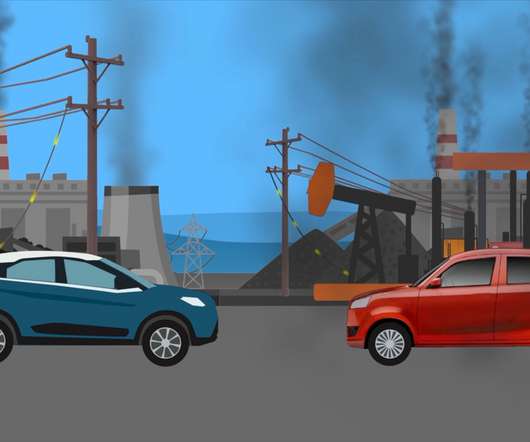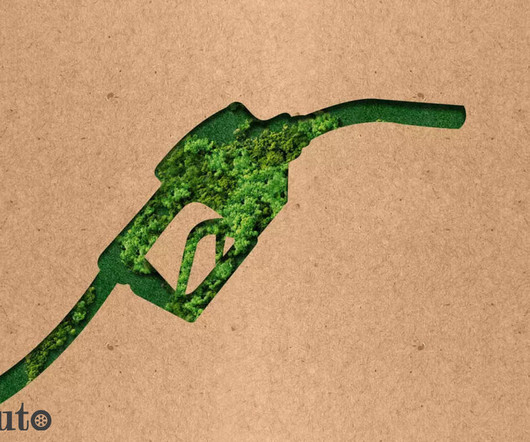The Dirty Truth of Petrol & Diesel Vehicles
Plug In India
NOVEMBER 4, 2021
By PluginIndia In this article and video, we show the real truth on how Petrol and Diesel vehicles cause far more air pollution compared to electric vehicles. Some even say that it pollutes even more than a diesel or petrol burning car. Diesel or petrol starts as oil, on average 1,798 meters below the surface of the earth.












Let's personalize your content